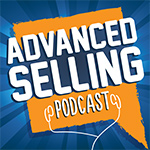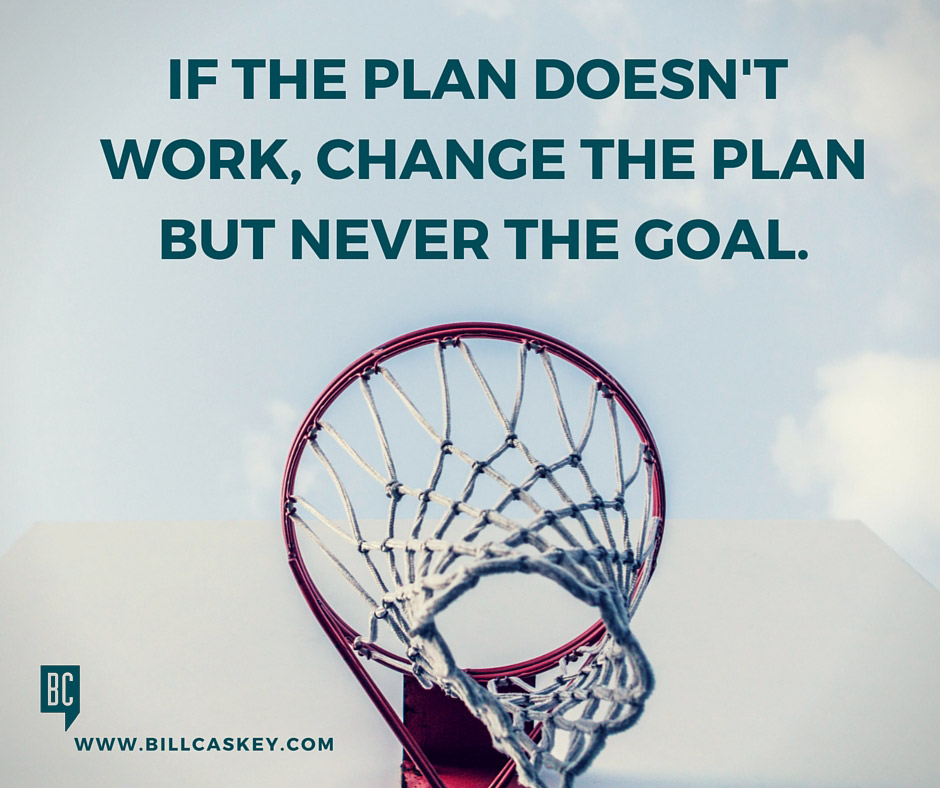#349: Sales Territory Expansion: Blessing or Curse?
 Have you ever used the saying “Be careful what you wish for?” Veteran sales trainers Bill Caskey and Bryan Neale welcome in the new year with a discussion around the all-too-common request from salespeople everywhere: a larger territory.
Have you ever used the saying “Be careful what you wish for?” Veteran sales trainers Bill Caskey and Bryan Neale welcome in the new year with a discussion around the all-too-common request from salespeople everywhere: a larger territory.
How do you build, support, manage and retain a bigger client base, especially when your resources or distance to the customer may not change as the territory expands.
Do you know who to call on most? How do you decide which accounts get more attention?
In today’s episode of The Advanced Selling Podcast, Bill and Bryan ask a longtime listener and podcast client for his best practices while sharing some of their own. Bill teaches you one of his client’s easiest ways to help keep the feeling of personalized attention when you have lots of clients to manage. Bryan shows you how to develop your own “balanced scorecard” to determine how to divide your time and attention.
Their guest, Craig, kicks it with an old-school (and still works) technique to make sure your customers know you’re thinking about them when you can’t drop in. Start your new year off right— and be ready to take notes.
Also mentioned in this podcast:
- Click here to download the Ultimate Pre-Game
- Click here to join our LinkedIn Group
- Check out our ALL IN Audio Program
[smart_track_player url=”http://traffic.libsyn.com/billcaskey01/16-01-07-SalesTerritory.mp3″ title=”Episode #349: Sales Territory Expansion: Blessing or Curse?” artist=”The Advanced Selling Podcast” social=”true” social_twitter=”true” social_facebook=”true” social_linkedin=”true” social_email=”true” ]




